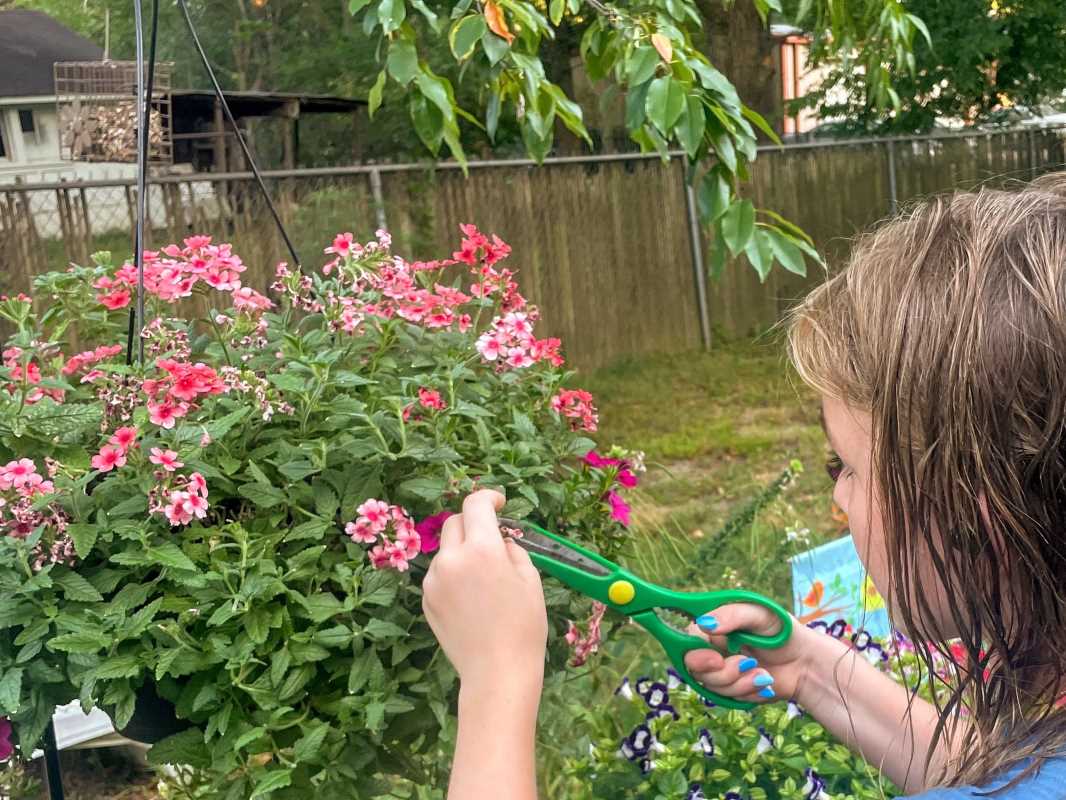Transitions are an inevitable part of life, and for children, navigating these changes can be challenging. Building resilience in children is crucial to help them cope and adapt to transitions successfully. Here are some strategies to support and empower children during times of change.
Understanding the Importance of Resilience: Resilience is the ability to bounce back from setbacks and adapt positively to change. Research shows that resilient children are better equipped to handle transitions and navigate challenges effectively. By fostering resilience in children, parents and caregivers can help them develop essential coping skills that will benefit them throughout their lives.
Creating a Safe and Supportive Environment: Providing a safe and supportive environment is key to building resilience in children. Consistent routines, clear communication, and emotional support can help children feel secure and develop a sense of stability during transitions. Encouraging open dialogue and expressing empathy can also help children feel heard and understood.
Encouraging Problem-Solving Skills: Teaching children problem-solving skills empowers them to tackle challenges and transitions with confidence. Encourage children to identify problems, brainstorm solutions, and evaluate the outcomes of their decisions. By fostering a problem-solving mindset, children can develop resilience and adaptability in the face of change.
Promoting Positive Thinking and Mindfulness: Positive thinking and mindfulness can help children build resilience by cultivating a sense of optimism and emotional regulation. Encourage children to practice gratitude, positive self-talk, and mindfulness techniques to help them manage stress and anxiety during transitions. By promoting a positive mindset, children can face challenges with a resilient attitude.
Fostering Independence and Self-Confidence: Building resilience in children also involves fostering independence and self-confidence. Encourage children to take on age-appropriate responsibilities, make decisions, and learn from their mistakes. By allowing children to experience autonomy and develop self-esteem, parents and caregivers can help build resilience in children and prepare them for transitions.
Seeking Support and Professional Guidance: In some cases, children may require additional support and guidance to navigate transitions successfully. Seeking support from teachers, counselors, or mental health professionals can provide children with the tools and resources they need to cope with changes effectively. Professional guidance can help children develop coping strategies, build resilience, and thrive during transitions.
Building resilience in children is a gradual process that requires patience, understanding, and consistent effort. By implementing these strategies and fostering a supportive environment, parents and caregivers can help children develop the resilience they need to cope with transitions and thrive in the face of change.
 (Image via
(Image via




